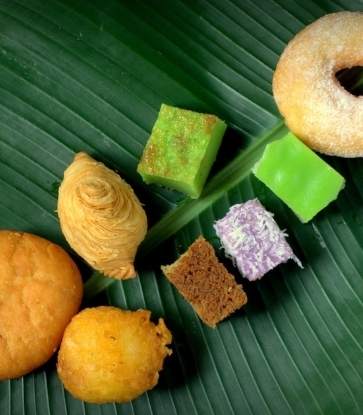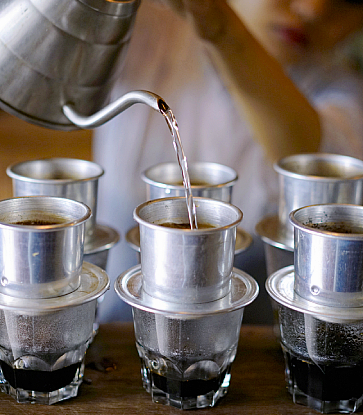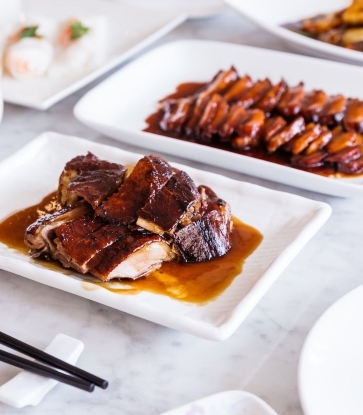It’s an activity that wine lovers only do on occasion, most likely when visiting a vineyard, but a very frequent activity for winemakers. Once grapes have finished fermenting and are transferred into barrels for aging, winemakers have to track the development of their wines by tasting samples directly from the barrel.
As time passes, the aromas, flavours, texture, body and tannins—imparted both by the grape skins during fermentation and by barrel ageing—take shape. The questions one asks hence tends to be more on the developmental stages of wine rather than appreciating and analysing the finished product.

The 28 acre Californian vineyard creates hand-crafted wines like Sauvignon Blanc, Pinot Noir, Merlot, Zinfandel and Chardonnay.
When barrel tasting, Moshin advises that there are a few things to keep in mind to help make your experience fun and educational.

Knowing if it was warm or cold/sunny or foggy will provide insight as to whether the wine might be fruit-forward or more herbaceous, richer or lighter in body and alcohol, etc.
2. Ask how long the wine has been aging in barrel.
This can give you an indication of how “ready” the wine should be when you taste it. If the wine has been in barrel for a short amount of time, it will be less developed and possess harsh acidities; if the wine has been in barrel for almost its entire length of aging, it will be more developed and enjoyable.
Envision how they will blend more seamlessly together with further barrel ageing. Keep in mind that as wine ages in barrel, acidities soften, fruit flavours develop and barrel-influenced characteristics like spices begin to show themselves. The wine is always working towards a more harmonious whole.
4. Remember that once the wine is bottled, it will continue to develop even more.
This is why barrel tasting is a great way to catch a glimpse of how a wine will age and taste in the future.





















